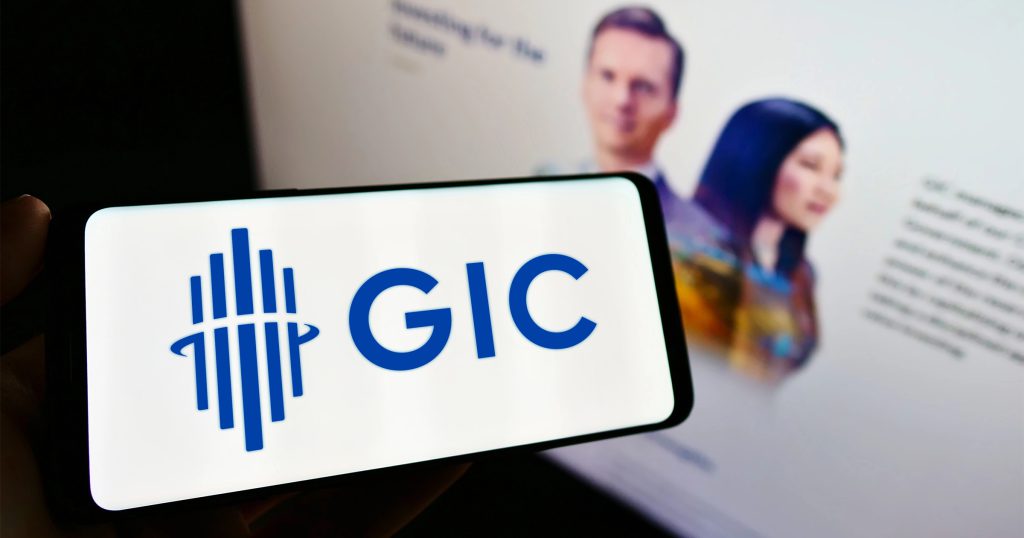Disclaimer: Unless otherwise stated, any opinions expressed below belong solely to the author.
Singapore’s leading sovereign wealth fund, GIC, with estimated assets under management topping S$1 trillion, consisting part of the country’s vast reserves as well as, indirectly, proceeds from the CPF, has revealed in its annual report that it is actively deploying artificial intelligence (AI) in its operations.
For the past year, AI has been helping the company audit and analyse its internal data for potential anomalies, aid its staff in evaluating potential deals, as well as scrutinise some of its investment decisions.
To that end, GIC has created an entire Virtual Investment Committee consisting of AI agents developed from existing third-party large language models as well as GIC’s own data and documented practices. As reported by Bloomberg, they can take on different personas, ready to ask difficult questions and behave in ways that human committee members would.
“Drawing from over 40 years of investment data, we are developing prototypes like a virtual investment committee member, which taps into GIC’s institutional knowledge to generate probing questions, challenge assumptions, and surface contrarian insights in real time.”
Lim Chow Kiat, CEO of GIC
Within an hour after being provided with all the details and data on the proposed deal, the system returns with its own highlights and questions.
This helps to examine the proposed deals from different angles, draws attention to important details that a human might overlook, and prepares the teams for their pitch.
For added difficulty, they can turn to Agentic Devil’s Advocate, which is a chatbot they can have a back-and-forth with, being peppered with tough questions.
While the service is still in development and classified as a prototype, GIC teams in fixed income and multi-asset departments have already been using it at work before meeting with actual decision-makers within the company.
Better humans than humans
Used in this way, it’s clear that artificial intelligence is not only helping to reduce demand for human workers, but also provides a unique quality of its own—human-like avatars behaving in a way that regular employees might be reluctant to do.
An AI agent can be as brash, direct and honest as you want it to be, without triggering unease or stress for actual people. It has no reservations about poking holes in your ideas and bringing attention to mistakes you could otherwise have missed.
It can also simulate the behaviour or mentality of certain character traits in people, who would otherwise be difficult to recruit just for that specific quality.
In many ways, AI is better at being human than actual humans—or at least humans that you could realistically employ. It easily fills a gap that was, until now, very hard, if not impossible, to fill, providing a broader range of feedback before any investment decision is made.
At the moment, GIC’s AI agents are not charged with making investment decisions but serve as partners—or opponents—to people involved.
However, given the ability of AI to process enormous amounts of data very quickly, it’s hard not to expect it to play an increasingly larger role in deciding how money is allocated, especially as other investment companies around the world are trying to do that themselves.
Those with the smartest AI assistants are likely to come out on top. In Singapore, it could mean billions more on public infrastructure, education, healthcare—or staving off future tax increases, like the recent GST hike.
After nearly 50 years in business, AI might be GIC’s most important investment yet, and Singapore’s future may depend on its outcomes.
- Read other articles we’ve written on Singapore’s current affairs here.
Featured Image Credit: TCdesign/ depositphotos
